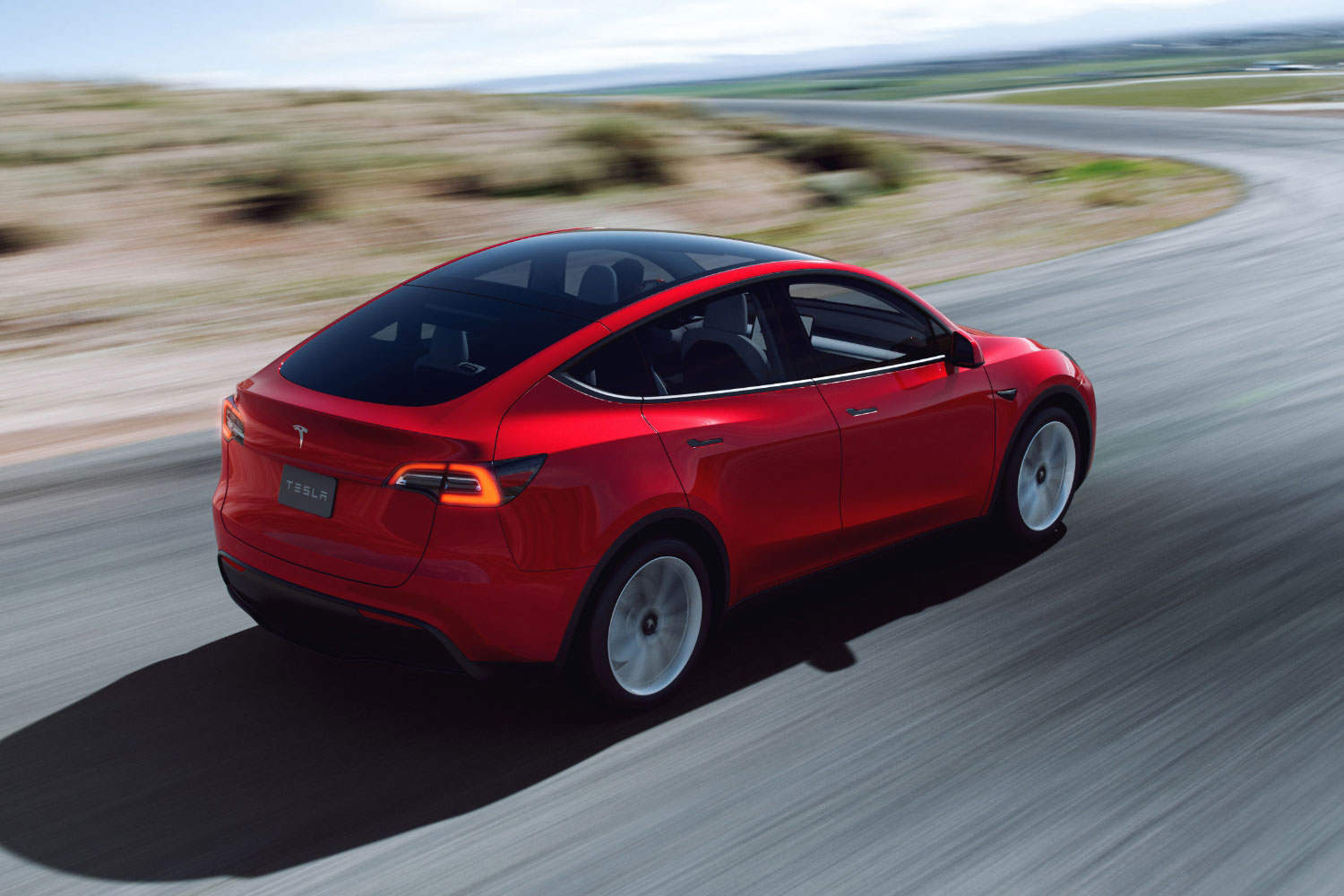How Many Miles Is Too Many for a Used EV?
Many electric vehicles have trouble making it past 100,000 miles. Here’s why.
 Tesla
Tesla
Article QuickTakes:
One of the first questions most used car buyers ask is: how many miles does it have on it? It’s a shorthand way to judge how much life is left in a car. That calculation gets a little more complicated when the vehicle under consideration is an electric vehicle (EV).
Today’s modern EVs can last hundreds of thousands of miles thanks to advances in battery technology, software, and cooling systems. Older EVs are a different story. They don’t last nearly as long as cars that run on gas.
There’s no one-size-fits-all rule for determining how many miles is too many on a used EV. Making that call takes knowing which type of battery the car has and what causes some batteries to degrade faster than others.
Heat Is the Enemy of EV Batteries
Battery degradation can be brutal in older EVs, especially if the car was kept in an extremely hot place like Phoenix, Dallas, or Atlanta. A 23-degree increase in temperature can cut a battery’s life in half, Bill Wallace, director of global battery systems engineering at General Motors, explained in an interview with The Drive.
This is especially bad news for older, air-cooled EVs like the Nissan Leaf that lack thermal cooling systems to actively manage their batteries’ temperature. In fact, the Long-Term Quality Index recently tracked nearly 1,900 Leafs. The average miles on trade-in was a mere 51,000 versus just over 126,000 miles for the average gas-powered vehicle.
A recent 6,300-vehicle study found that the air-cooled Nissan Leaf will lose more than 4% of their battery capacity every year on average.
Air-Cooled EVs Lose Value Quickly
These older, air-cooled EVs don’t hold their value nearly as well as similar-sized gas-powered cars due mainly to battery degradation. Battery replacement for older EVs like the Leaf can range from $5,500 to $9,500, which helps explain that steep loss in resale value.
If you’re considering an older, air-cooled EV like the Leaf, it pays to be conservative when thinking about miles. A good rule is to multiply the current mileage on these vehicles by three to get the gas vehicle equivalent.
It’s best to avoid older models with more than 60,000 miles—especially those from hot climates. Above all, assume the original battery eventually will need to be replaced and factor that cost into your calculations.
Thermal-Cooled EVs Last Longer
The Tesla Model S and other vehicles with thermal-cooled batteries, such as the Chevy Volt and Chevy Spark EV, have a serious longevity advantage. Back in 2016, for instance, GM found that in extremely hot places like Phoenix, the battery systems in those two Chevy EVs would last at least 10 years and 150,000 miles.
Tesla is even more confident in its EV batteries, offering an eight-year, unlimited-mileage warranty. The company noted in its 2019 Impact Report that with more than 1 million Teslas on the road, battery degradation on vehicles with 150,000 to 200,000 miles averaged less than 15%. In everyday terms, that means you should be able to handle daily driving with an older Tesla without any serious issues.
Tesla EVs may eventually prove to be even more durable than gas-powered cars. But the jury is still out, and replacement parts for Teslas are known to be quite expensive. So if you do buy a used Tesla, consider 200,000 miles as a cut-off.



